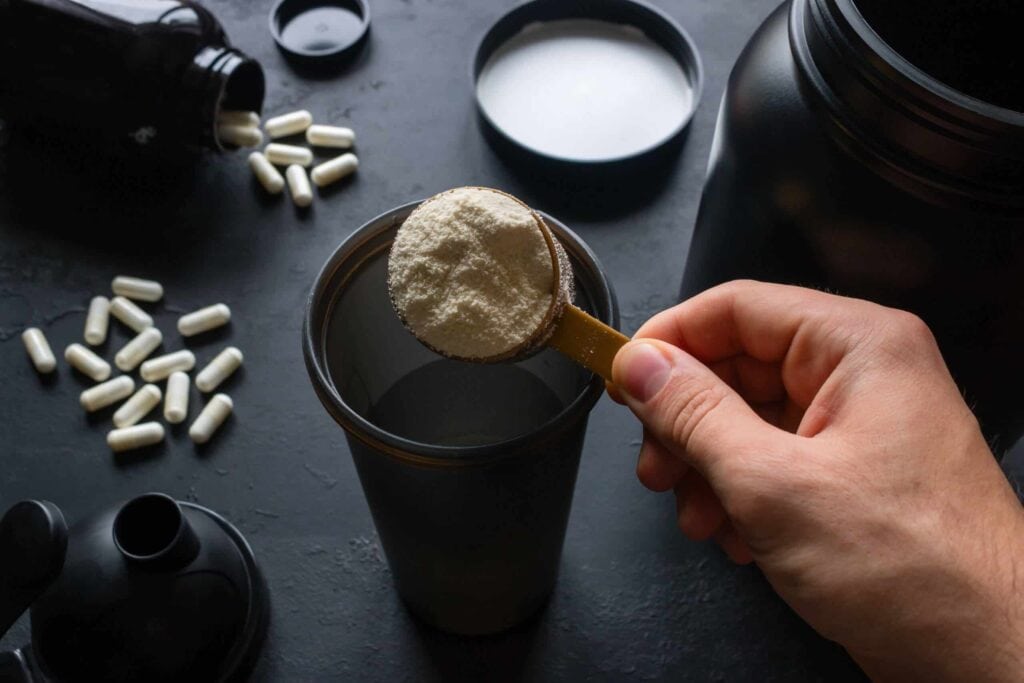Causes of PCOS (Polycystic Ovary Syndrome)
The exact cause of polycystic ovary syndrome (PCOS) is unknown, but it's thought to be related to abnormal hormone levels.

Causes of polycystic ovary syndrome (PCOS)
The exact cause of PCOS is unknown, but it’s thought to be related to abnormal hormone levels and is often associated with insulin resistance.
The NHS states that it often runs in families, which suggests that genetics may have a role to play. Recent research has shown that PCOS is also associated with inflammation and the gut microbiome.
All of these factors are important when considering PCOS, but it remains unclear what the exact cause is.
PCOS and gut microbiome
Women with PCOS have a different gut bacteria and this has been shown to reduce nutrient absorption.
This can also impact how the body responds to myo-inositol absorption, insulin control and inflammation.
PCOS and inflammation
High inflammation markers are often seen in women with PCOS and have been shown to correlate with high testosterone levels.
A dietary intervention can reduce inflammation in women with PCOS.
Read our guidance on how PCOS is diagnosed to find out more.
Can PCOS be caused by stress?
As we don’t know the exact cause of PCOS, we can’t say that it can be solely caused by stress.
However, there’s definitely a relationship between the two. Stress was associated with potentially causing and exacerbating PCOS in a 2018 study.
Although the study is not conclusive, it does raise the issue of a potential vicious cycle – with the symptoms of PCOS causing additional stress, which in turn could worsen the condition.
Can birth control cause PCOS?
There’s a myth that birth control pills can cause PCOS. This is untrue.
Although birth control pills do affect your hormone levels, they’re not associated with causing PCOS.
The truth is almost the opposite, with the contraceptive pill often being used to help manage PCOS – particularly in an attempt to regulate the menstrual cycle.


















